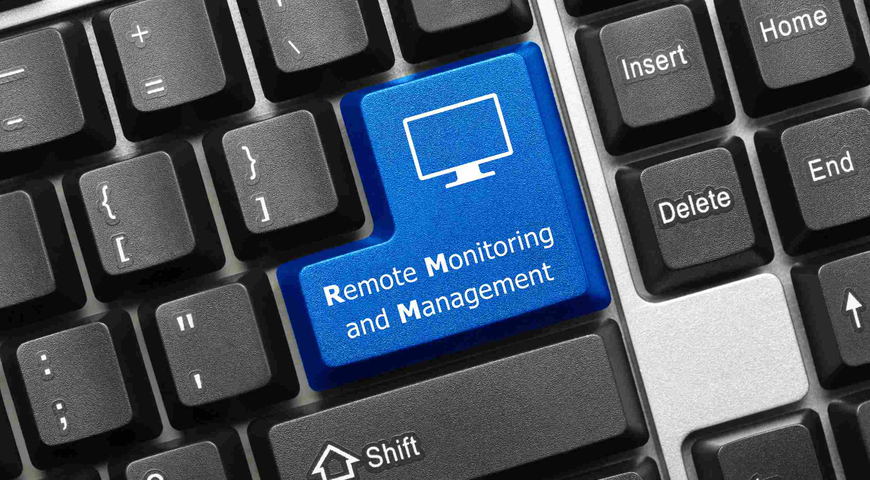The U.S. tax deadline is around the corner, which fills many taxpayers with a sense of dread. And why not? As Benjamin Franklin once famously observed “in this world nothing can be said to be certain, except death and taxes.”
If he lived today, Franklin might also add “data loss” to that list since the need to safeguard our data is an everyday part of our tech-infused lives.
Given how digitized today’s tax system is – with preparation software, electronic filings, and online payments – protecting those records is important. That is why the Internal Revenue Service (IRS) says backing up your tax records is a top priority.
The common questions people ask include “How long should I keep tax returns?” and “What’s the best way to store them?”
How long do I have to keep my tax records?
Strictly speaking, the IRS says you must keep any records that verify the income, deductions or credits reported on a filing until the period of limitations for that tax return ends. That period, usually three years, is the time limit for you to claim a refund or for the IRS to assess additional taxes if your income was inaccurately reported.
There are a few situations where the statute of limitations is longer, though. If you claim a bad debt or worthless securities deduction, for example, keep your records for seven years.
Some tax advisors suggest holding on to tax records for seven years. Their thinking is that IRS audits typically occur within three years of the filing, and rarely happen after six years. Once that window closes, these advisors claim, most people are safe.
Other tax advisors offer more cautious guidance.
How long should I keep tax returns?
You might only be legally required to retain your tax records for three years, but there are reasons why you should keep a copy of every tax return you file.
First, understand that there’s no statute of limitations for bad faith filings. That means if the government thinks you filed a fraudulent return, you could be the target of an IRS audit. Keeping your records indefinitely is the best way to ensure you have the documentation needed to set the record straight.
Those financial records can also be useful when you are looking for a mortgage, if your family needs to collect on an insurance policy you’ve forgotten about, or when determining your retirement and Social Security benefits. In fact, there are some cases where not having copies of those tax records could delay your retirement by two years.
What tax documents should I retain?
At a minimum, always keep a copy of your Form 1040 and the related schedules for that filing.
But the goal of keeping tax records is to have what you need for an audit or to prove your financial standing. Therefore it is better to keep all the documents that verify your income (W-2 forms, capital gains statements, 1099 forms that show interest earned or dividends paid, etc.), as well as your deductions and credits (receipts for charitable donations, records of 529 withdrawals, eligible health savings account expenses, etc.).
There are other forms you might consider retaining as well. If you have a traditional IRA and received a Form 8606, for example, you’ll want to keep that handy. It shows that you’ve paid taxes on your retirement contributions, which means it’s your only protection against being taxed again as you withdraw money from that account.
Backup your tax records
Part of the reason tax preparation software has become so popular is the ease of filing, but digital tax records are also a simple way to reduce household clutter while keeping the paperwork you need. For paper receipts or tax forms, scan them so you have a digital backup and store the original paper documents in a fireproof safe.
Then, like any important document that you store digitally, it is critical that you maintain a computer backup. That way if the original is lost for any reason – computer virus, device failure, natural disaster or something else – you have the documentation you need.
The IRS strongly recommends storing a backup of your tax records off-site to ensure it is protect. You can either create the backup on a portable external hard drive that you store somewhere else or consider cloud backup storage to quickly create a copy and remotely access those files later. Acronis True Image makes local storage and cloud backup of your tax records easy, so you never have to worry if the taxman comes knocking: You’ll always have what you need.
About Acronis
A Swiss company founded in Singapore in 2003, Acronis has 15 offices worldwide and employees in 50+ countries. Acronis Cyber Protect Cloud is available in 26 languages in 150 countries and is used by over 21,000 service providers to protect over 750,000 businesses.



